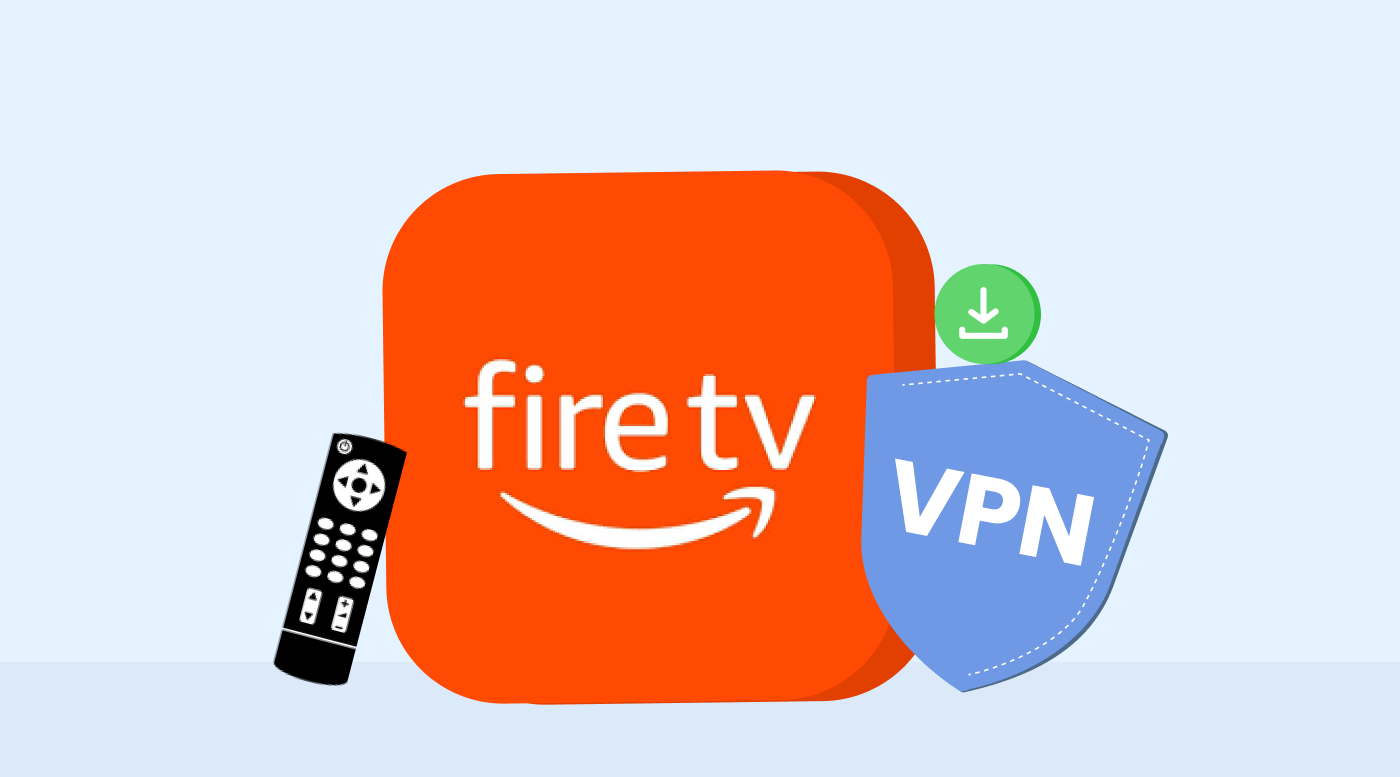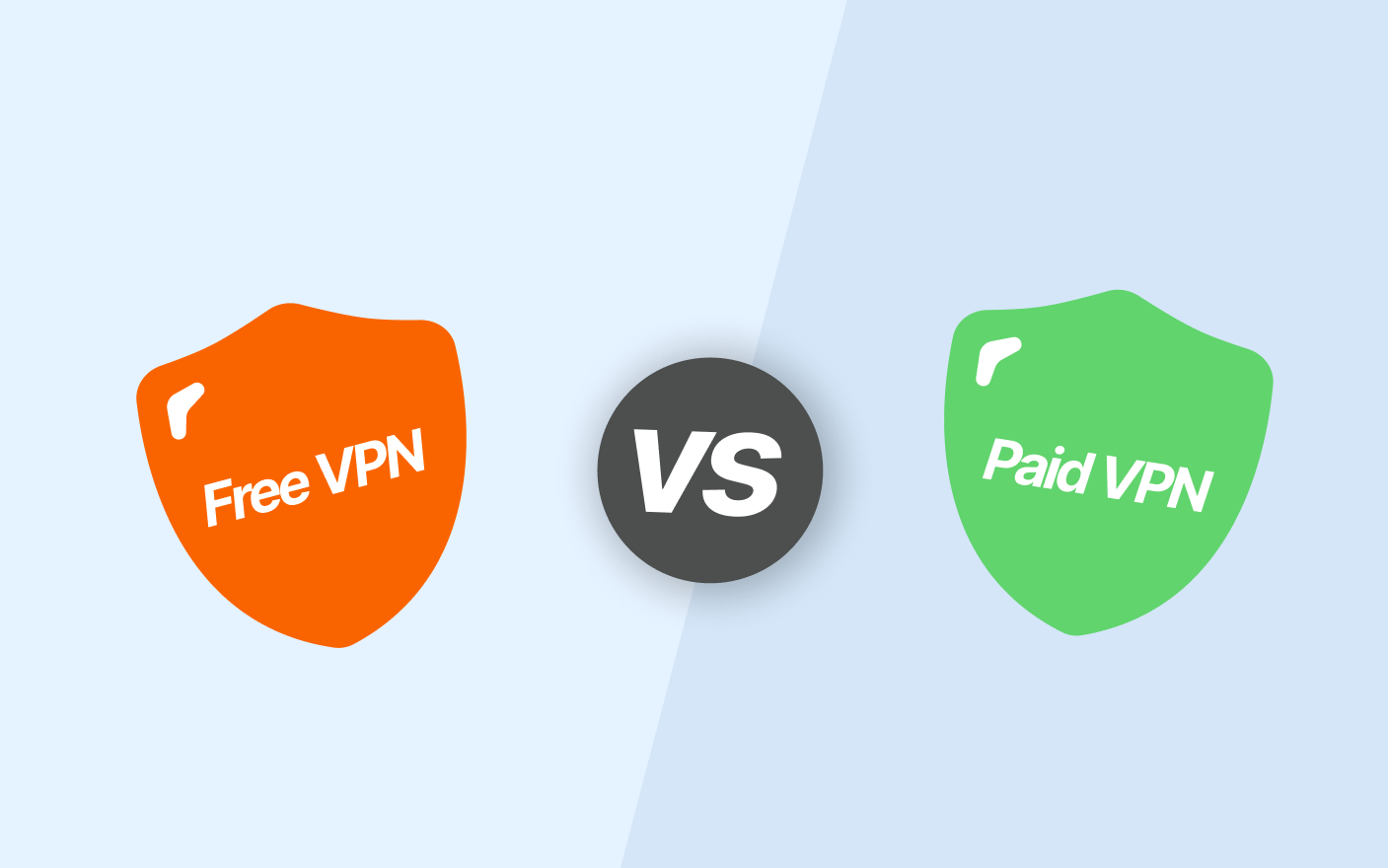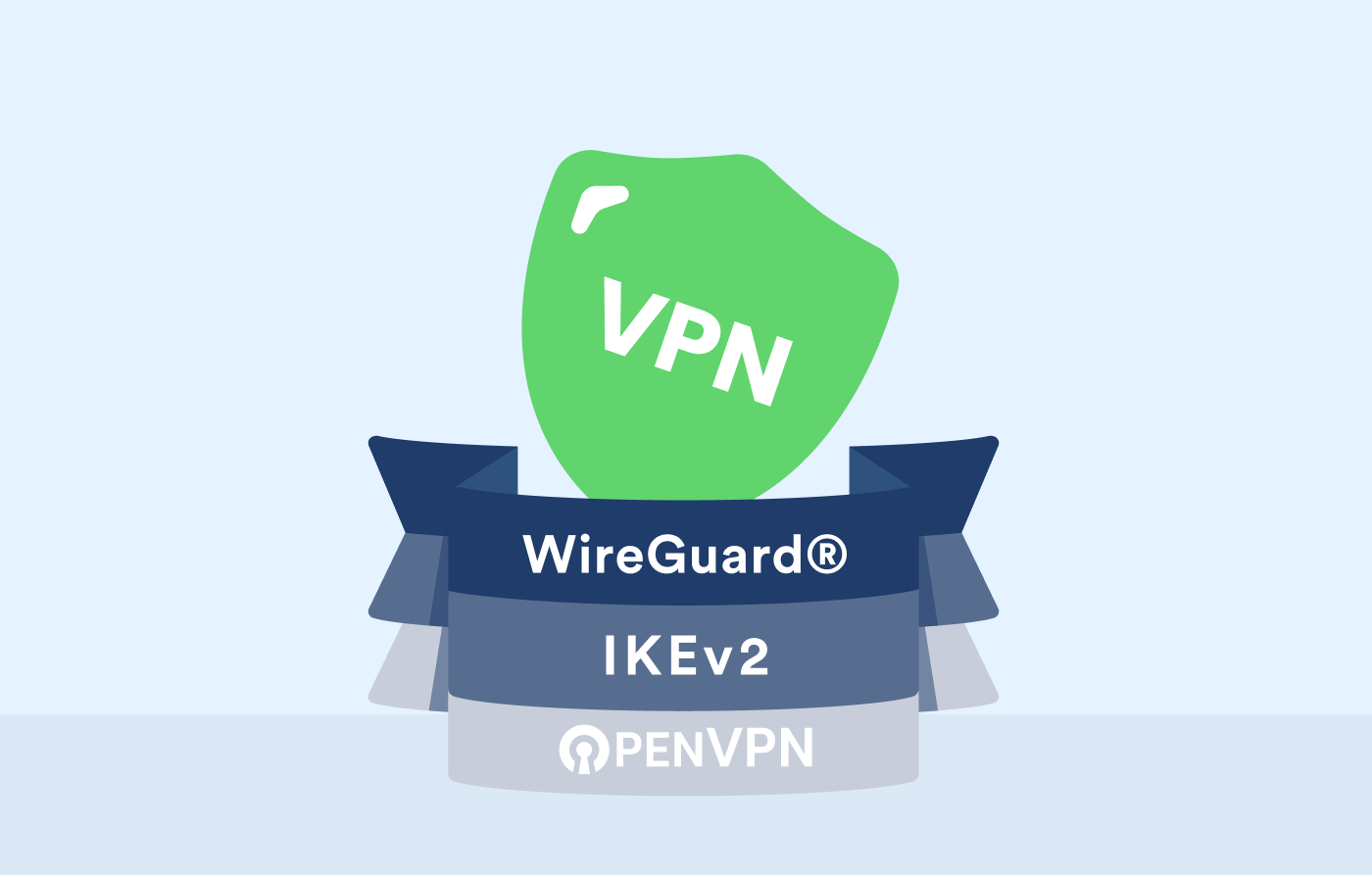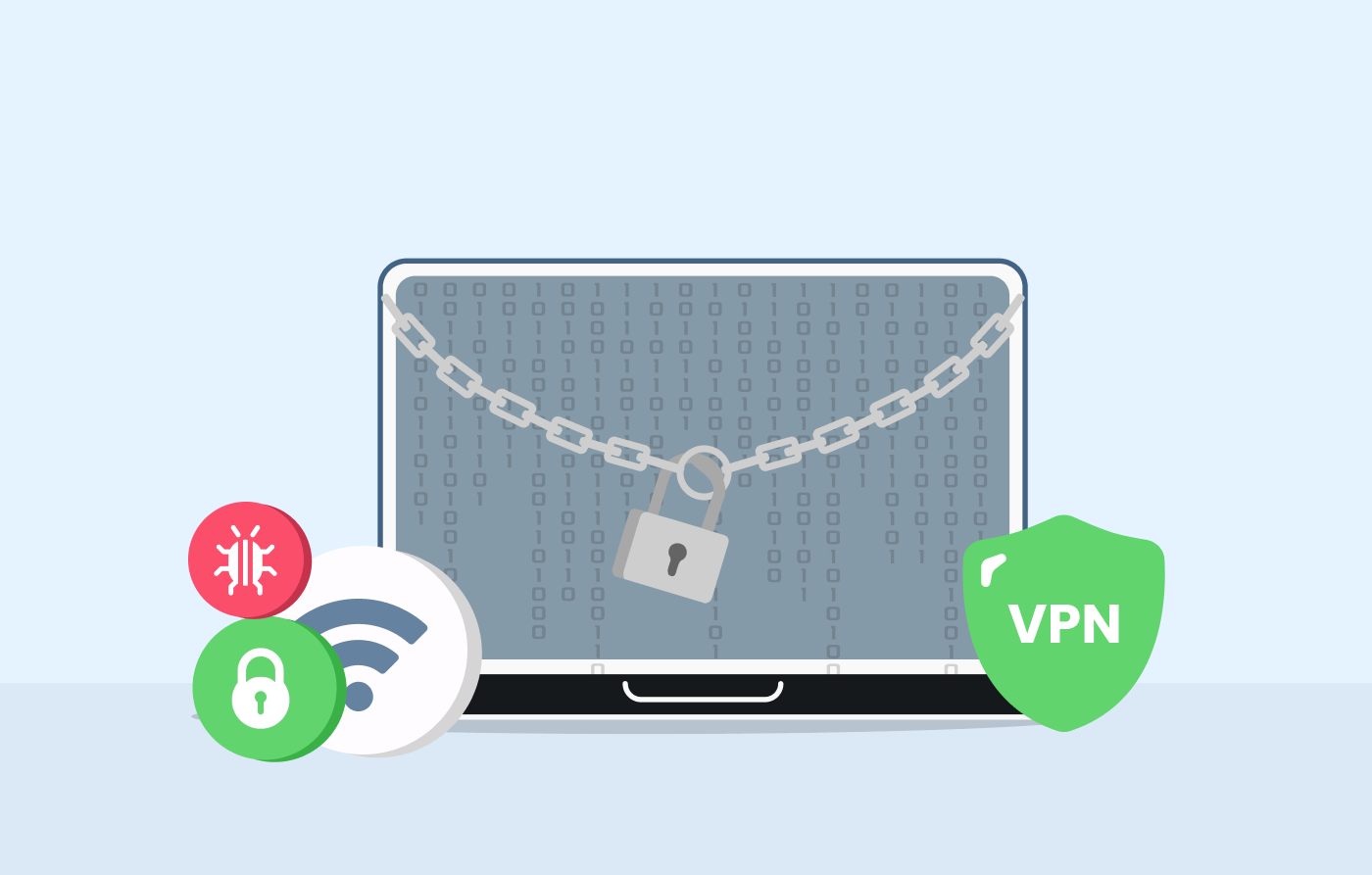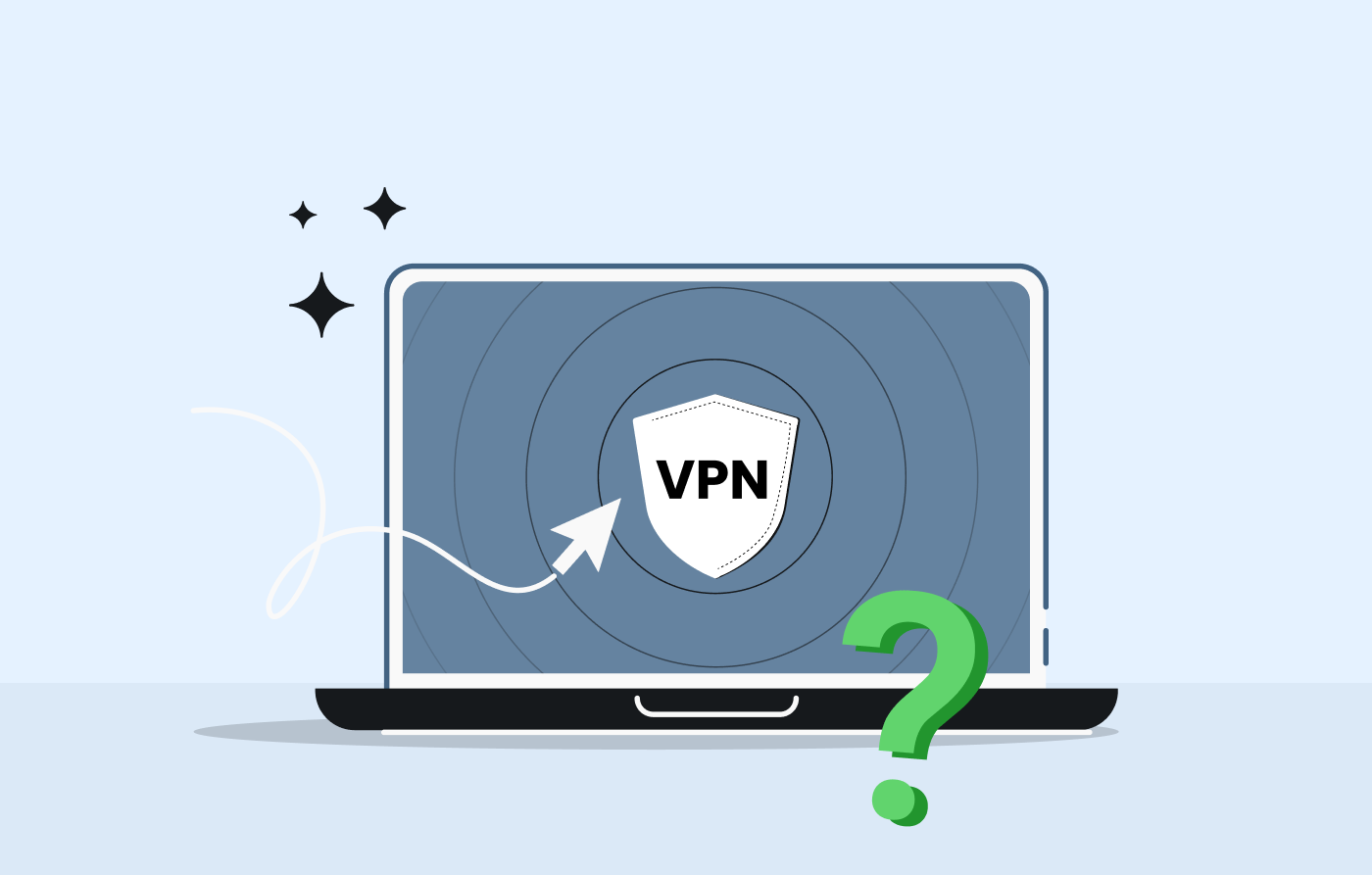-
VPNs mask your IP address that’s why most countries restrict its usage.
-
Virtual Private Networks are illegal in countries, including China, Oman, Belarus, Russia, North Korea, and more.
-
Users can still use a VPN and without any fear of getting caught by selecting a VPN service that offers obfuscated servers.

A virtual private network (VPN) provides online security and anonymity by encrypting your traffic and masking your IP address.
While most countries permit VPN usage, some restrict or ban VPN services altogether. In this article, we will explore VPN legality and restrictions in various countries worldwide.
Are VPNs legal to use?
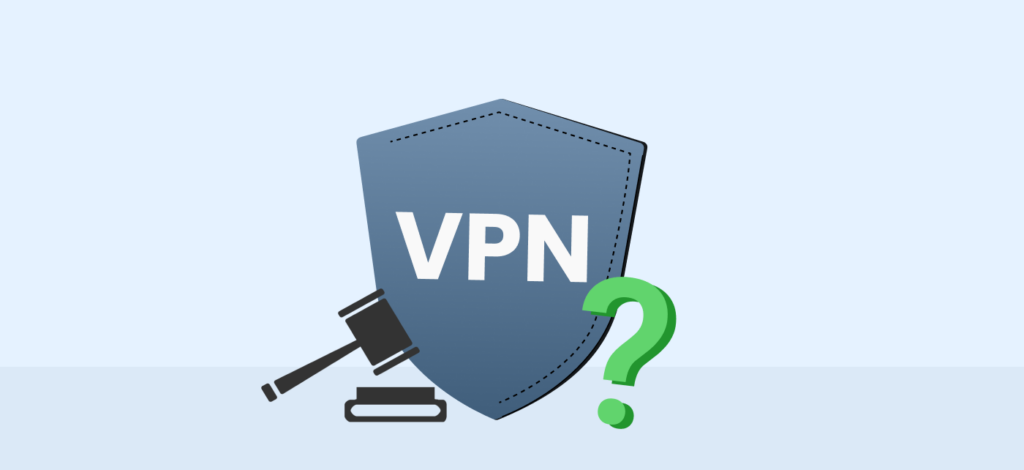
The legality of VPN usage depends on a country’s laws and regulations, but in most countries, they are legal. In some rare cases, countries only allow government-issued VPNs, while other countries outrightly ban them. For example, VPNs are legal in the US, Canada, and most of Europe but are highly restricted in China and Russia.
On the other hand, some countries like Iraq and North Korea prohibit VPNs, and you may result in heavy fines or even prosecution for using one.
Countries with authoritative regimes or where governments practice online surveillance and censorship will likely forbid VPN usage. This is because VPNs allow users to hide their IP addresses and bypass government surveillance measures.
Other governments ban VPNs, claiming that they help criminals do illegal activities. Instead of banning VPNs, some governments enforce strict internet censorship laws. Either way, the governments curtail people’s freedom to access the internet freely and privately.
Banning or restricting a VPN because it can be used for illegal activities misses the whole point of a VPN’s purpose. A reliable VPN has many positive applications, including online privacy and security, bypassing geo-restrictions of streaming websites, evading ISP throttling, etc.
Why are there legal issues around VPNs?
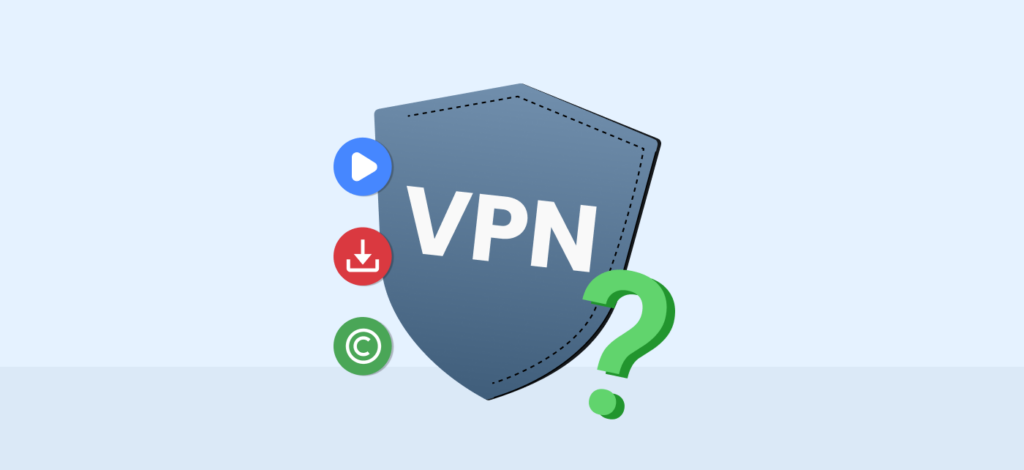
A VPN is a great tool as it protects your identity by hiding your real IP address and encrypting your traffic, making it impossible for third parties to monitor or track your online activities. While some people use VPNs do illegal activities, like downloading and sharing copyrighted content, any illegal activity is illegal whether the user uses a VPN or not.
However, some countries are uncomfortable with the privacy level VPNs give their citizens. That is why they ban VPNs or create conditions for their use. So, you should be aware of these restrictions if you visit these countries to avoid breaking the law.
Where are VPNs illegal?
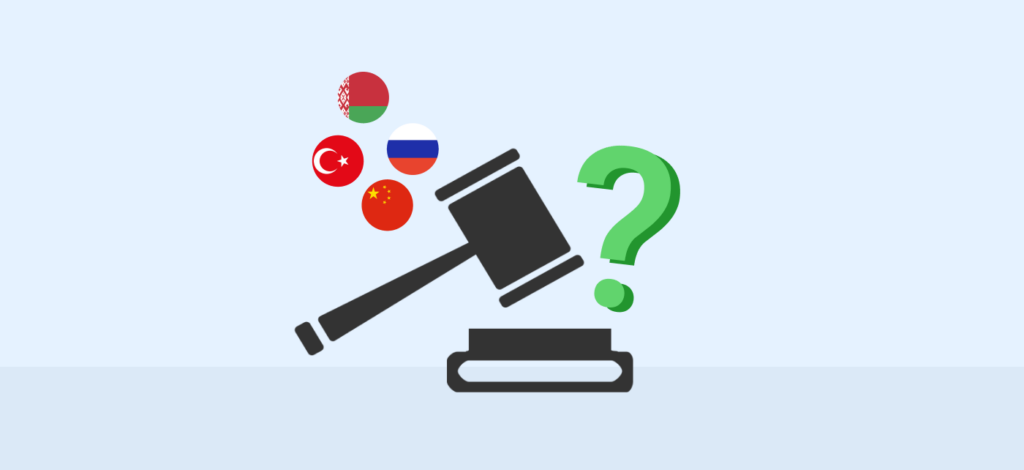
VPNs are illegal in Turkmenistan, Iraq, Oman, Belarus, and North Korea. On the other hand, Uganda, Egypt, Iran, India, UAE, Turkey, Russia, and China only allow government-approved VPNs. There is not much difference between using a government-issued VPN and not using one at all because, in both cases, the government can monitor your online activity. For this reason, we consider VPNs illegal in countries that allow only government-issued VPNs.
| Country | Are VPNs legal? |
|---|---|
| China | Only Government-approved |
| Russia | Only Government-approved |
| Belarus | Illegal |
| Turkey | Only government-approved |
| Iraq | Illegal |
| United Arab Emirates | Legal but should not unblock blocked content. |
| Oman | Legal, but users need to get permission |
| India | Legal, but providers are required to log user data |
| Iran | Only government-approved |
| Egypt | Legal but should not unblock blocked content. |
| Turkmenistan | Illegal |
| North Korea | Illegal |
| Uganda | Legal, but should not be used on social media platforms. |
China
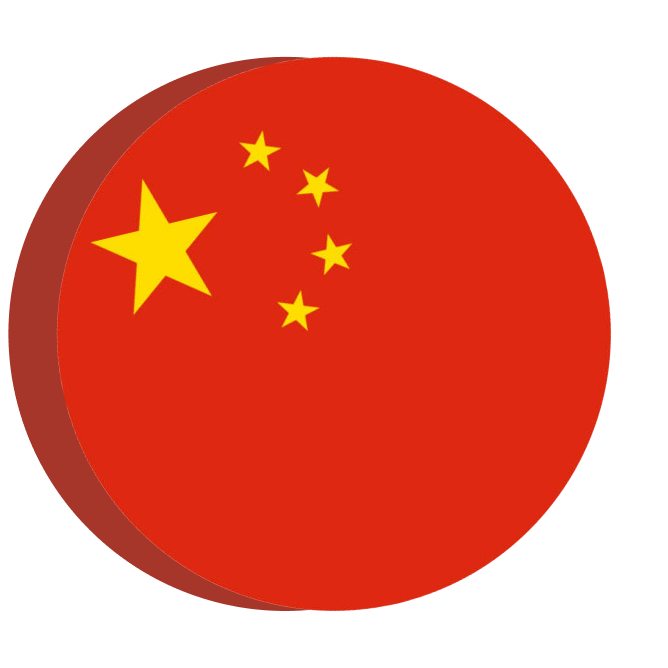
China uses its famous Great Firewall to restrict and filter internet traffic in and out of the country. You must use a reliable VPN to get past these restrictions, but unfortunately, China only allows VPNs that meet certain regulations. This means backdoor access, censorship, and monitoring of your online activities.
It is difficult to get a quality VPN in China because the country blocks all services that do not comply with the regulations. However, you can bypass these restrictions with a VPN that has obfuscated servers.
Russia

In 2017, Russia banned all VPN providers who do not agree to log user data and hand it over to the authorities upon request. The country also banned using VPNs to access blocked content. However, it is not illegal to use a VPN for other purposes.
The Russian government further escalated its restrictions against VPNs in 2019. The Federal Service for Supervision of Communication (Roskomnadzor) ordered all VPN providers to allow the government to access their servers in Russia. This is why most world-leading providers removed their servers and stopped operating in Russia.
Belarus
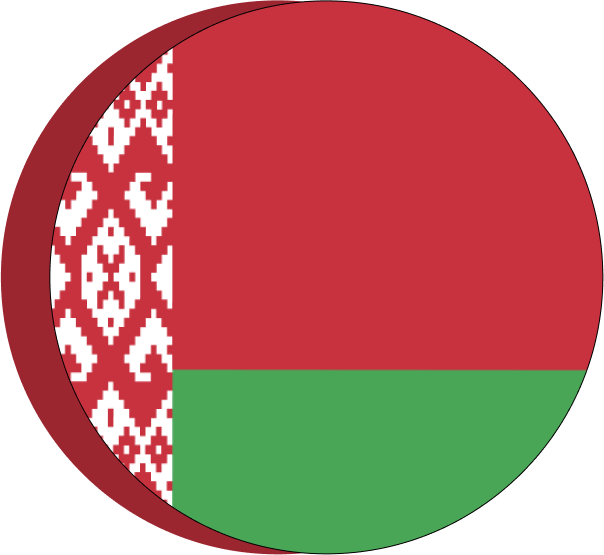
The dictatorial regime in Belarus banned VPNs and the Tor network in 2015. The administration also prohibits any technology designed to give users online privacy to have total control over the internal internet traffic. The main reason for these restrictions is to avoid the circulation of potentially anti-government information and to restrict access to information deemed harmful to society.
Turkey

Turkey does not outrightly ban VPNs but it restricts their usage. The country has banned some VPN providers from operating and blocked many social media platforms and websites. While the restrictions aim at preventing terrorism, the ban on social media services and VPNs appears to have a political motive of filtering sensitive content.
Iraq

Iraq banned VPNs recently after years of efforts to fight online freedom. The country does not impose extreme restrictions like China and North Korea but punishes VPN users. Additionally, people in Iraq are unable to discuss government censorship, which makes it difficult to find credible information about VPN usage in Iraq.
United Arab Emirates

VPNs are legal in UAE, but you cannot use them for illegal activities or access content the government has banned. If you get caught using a VPN for illegal activities, you may be fined at least $136,129. The wording of the UAE laws regarding the use of VPNs is obscure, but they strongly discourage them.
Oman
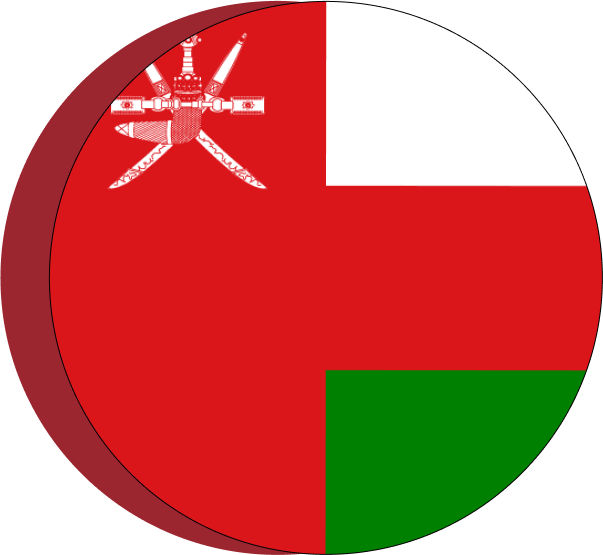
Only organizations and institutions approved by Oman’s Telecommunication Regulatory Authority (TRA) can use VPNs. The country’s laws explicitly prohibit anyone else from using any form of encrypted communication. However, this law is not fully implemented because it would cut off the country from the rest of the World Wide Web.
India

The Indian government introduced a new law in 2022 that required all VPNs operating in the country to start collecting and storing user data. The government can then compel the VPN provider to share user logs. Failure to comply with these requirements can lead to jail terms and discontinuation of operation.
As a result, many world-leading VPNs removed their servers in India to safeguard their user’s privacy. The government does not outrightly ban VPNs but the new laws undermine the ability of VPN providers to give users privacy.
Iran

Only government-approved VPNs are legal in Iran to enable the authorities access to user logs and extend their surveillance. You may result in punishment or fines if caught using an unapproved VPN. However, you can use VPNs with obfuscated servers to hide your VPN traffic and enjoy online freedom.
Egypt

VPNS are not illegal in Egypt but you might get in trouble for using them to unblock banned websites or conducting illegal activities. Penalties include fines or jail terms depending on the nature of the offence. Always be cautious when using VPNs in Egypt, and consider using obfuscated servers or enabling the double VPN feature.
Turkmenistan
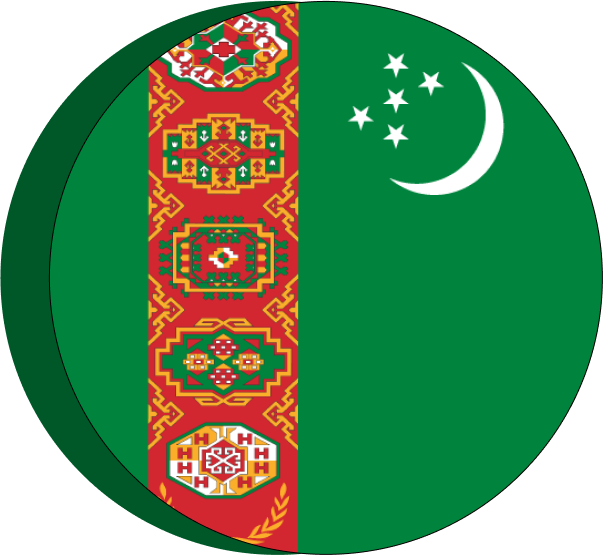
VPNs are illegal and completely banned in Turkmenistan. The country acutely monitors all the online traffic, and penalize those whose use VPNs. Additionally, the larger population uses a heavily filtered telecommunication network to ensure citizens do not access content deemed inappropriate. For this reason, it is almost impossible to use VPNs without detection, even with obfuscated servers.
North Korea
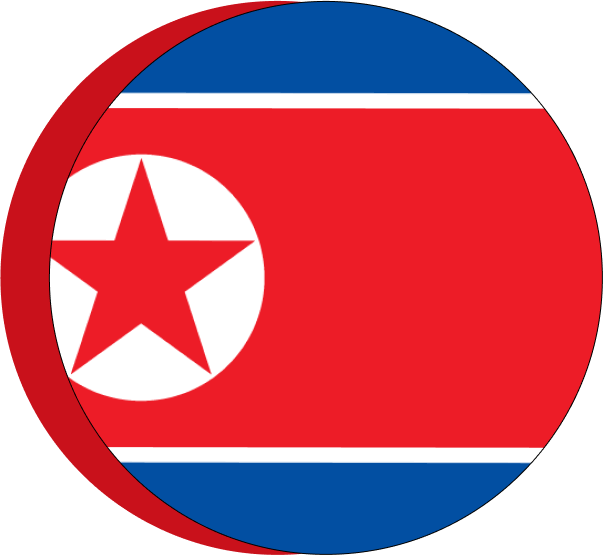
The North Korea government has some of the most strict and restrictive internet and VPN laws in the world. So strict that only a few citizens have access to the internet or telephone services. VPNs are completely illegal and the government monitors the internet traffic of the few users who have access to the internet. Like Turkmenistan, the country only allows the citizens to use an Intranet network that is easier to control.
Uganda

Unlike most countries we have covered, Uganda’s VPN ban is purely economic. Uganda is one of the few countries that impose social media taxes. The citizens started using VPNs to evade this tax, so the government retaliated by asking the ISPs to block all VPN users. However, VPNs are still legal in Uganda, but you should not use them to evade social media taxes.
Why are VPNs legal in some regions?
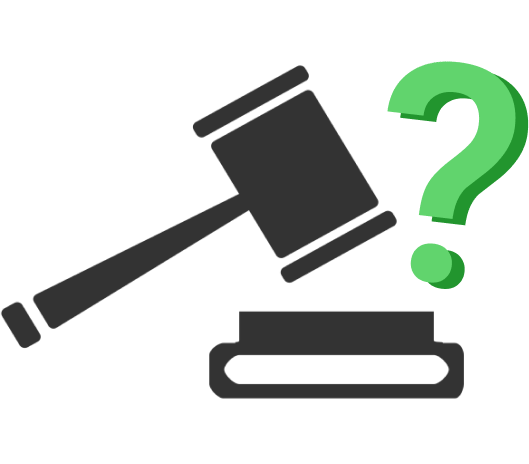
In most parts of the world, VPNs are legal to use as long as you do not engage in illegal activities. They protect your online privacy and make it impossible for hackers and cyberterrorists to target you. You can also use a VPN to browse securely on unsecured Wi-Fi networks.
Overall, a VPN gives you freedom of speech and enables you to bypass internet censorship. Additionally, the VPN’s encryption protects you against trackers trying to collect sensitive information for marketing reasons.
How do countries impose VPN bans?
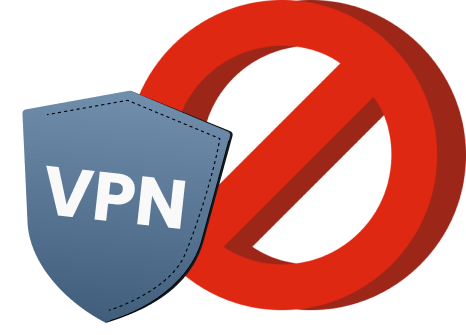
The enforcement of VPN bans varies in different countries. They first identify and detect VPN traffic by analyzing traffic packets and then block or slow down the connections. The matter is then handled by law enforcement authorities, who mostly target users who use VPNs to conduct illegal activities. We haven’t heard that users received fines or jail time for only using a VPN.
Here are some of the methods that the authorities use to enforce VPN bans:
- Domain and IP address blocking: The government agencies compile a list of VPNs, their IP addresses, and domain names, then share them with ISPs and other relevant entities. The ISPs then block or throttle the connections associated with the VPN services, rendering them inaccessible.
- Deep packet Inspection (DPI): Deep packet inspection scans and analyses network data packets looking for a VPN traffic signature. The government may then use ISPs to block or slow down the connection.
- ISP cooperation: Most governments that enforce VPN bans have agreements with ISPs to detect, filter, and stop VPN traffic. The ISPs use packet inspection techniques to identify patterns unique to VPN traffic.
- Legal penalties: Depending on the laws of a country, individuals who break laws related to VPNs may face heavy financial penalties or imprisonment. However, this type of punishment is rare.
Is it legal to use VPNs to access blocked content?
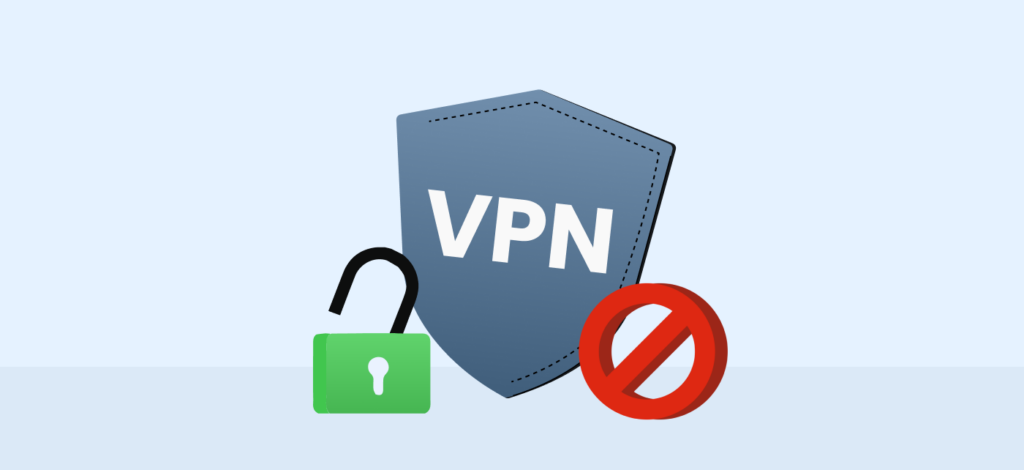
The legality of using VPNs to access blocked content depends on the country’s laws and the entity that blocked the websites you wish to access. Some countries prohibit using a VPN to access blocked content, which makes it illegal. On the other hand, accessing a website on your school or work network isn’t illegal, but you might get criticized if caught red-handed.
The content blocked by the government falls into two categories:
- Content censored by the government: This refers to the social media apps, news outlets, and other websites blocked by the government to control the flow of information. Bypassing such restrictions may be illegal, but you can rarely get punished. However, you may end up in jail in the worst cases.
- Geo-restricted content: Streaming platforms categorize their content geographically to comply with license terms. However, using a VPN to unblock geo-restrictions and access libraries from other regions is legal. In sheer cases, the streaming service can only terminate your subscription for violating terms of service, which is unlikely.
Are VPNs legal in the US?
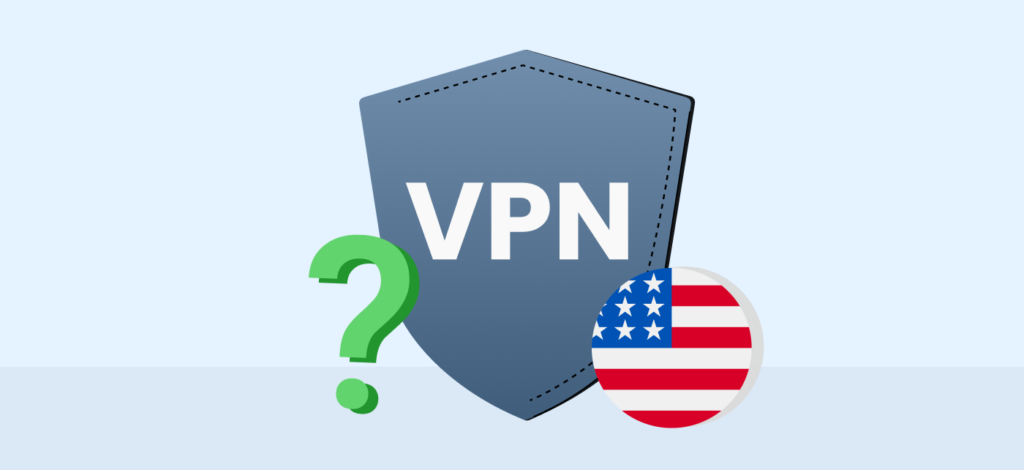
The US does not have laws that prohibit the use of VPNs, which means they are entirely legal. They are also legal in Canada, the UK, Australia, and most of Europe. That said, you cannot face any legal consequences for merely using a VPN in the US.
In fact, individuals, businesses and organizations use VPNs for various purposes like accessing geo-blocked content, enhancing online privacy, securing connections on public Wi-Fi networks, and getting cheaper flight tickets.
However, to avoid getting into trouble, you shouldn’t use a VPN to do illegal activities, such as copyright infringement, hacking, or fraud.
Can I get caught using a VPN?

Absolutely yes! Just because a VPN encrypts all your traffic inside a secure tunnel does not mean your ISP doesn’t know you are using a VPN. Surely, they cannot monitor your online activities because your traffic is encrypted, but they can send your information to the authorities if VPNs are banned in the country.
That is where obfuscated servers come in, as they can encrypt your traffic and make it anonymous to the ISP. These servers regularize your VPN traffic to appear like normal HTTP traffic unrecognizable by the ISP filters.
What can happen if you use a VPN illegally?
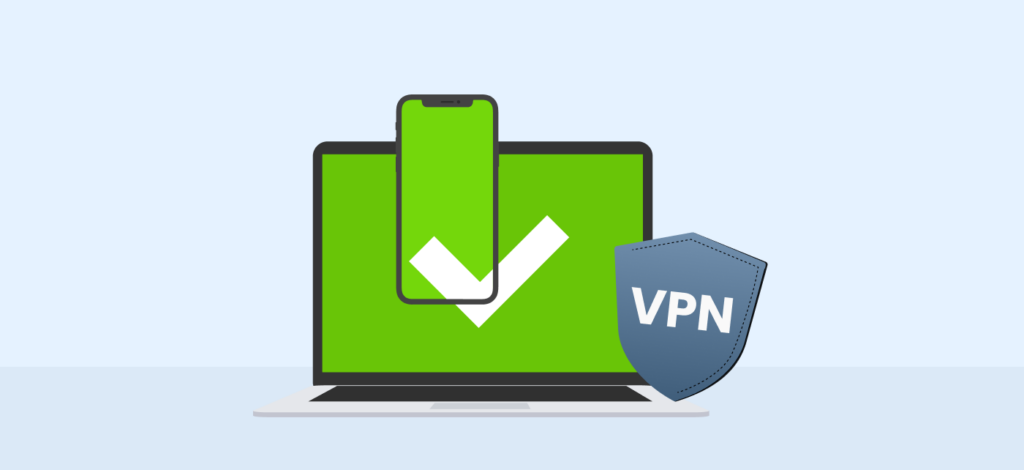
Depending on country laws and regulations, you can get caught using a VPN illegally and face several consequences. The most common consequence is losing your internet connection from your ISP. In the worst cases, you can receive heavy fines or spend time behind bars.
Therefore, to avoid getting in trouble, you should be cautious when using VPN services, especially in repressive countries. Also, read the country’s laws and regulations related to VPN usage, the approved VPNs, and the extent to which you can use them.
How to evade VPN blocks

When in a VPN-unfriendly country, thoroughly research the available VPNs to identify the most suitable option. Read the terms of service keenly and ensure it does not log user data or sell it to third parties. Remember, the VPN you choose could protect or expose you to authorities.
Key features you should consider when choosing a VPN that can bypass any blocks
- Obfuscated servers: Obfuscated servers give you an extra layer of privacy by converting your VPN traffic to regular HTTPS to avoid detection.
- Double VPN: The double VPN feature encrypts your traffic more than once, giving you an extra layer of privacy and security.
- Kill switch: A kill switch protects you by disconnecting your device from the internet when you have an unstable VPN connection. This ensures you can only transmit data inside a secure tunnel.
- A large number of servers: A wide server network gives you multiple server options to connect to.
Avoid free VPNs at all costs because they use weak encryption algorithms and are unreliable. Free VPNs also collect user data and sell it to third parties, exposing your privacy. In addition, do not trust government-issued VPNs whatsoever. They are just an extension of their surveillance systems, so they will watch everything you do.
Once you identify a VPN with all the necessary security, privacy, and performance features, install it on your device and connect to a server in a country where the internet is uncensored, like the US. This way, your internet traffic will be first sent to the US before entering your ISP network, and you can bypass VPN blocks.
Conclusion
Most world-leading VPN providers stand for the freedom of open and private internet. This is why they try to provide VPN services even in countries with high internet censorship. Some VPNs also have stealth mode features and obfuscated servers to help you gain online privacy, which is a basic right.
Additionally, these VPNs do not collect user data, and we have seen them remove their servers from countries that forced them to collect user data. They are important tools in our daily lives because they protect our fundamental freedom of expression and give us online privacy.
FAQs
It is completely legal to use VPNs to protect your privacy while gambling as long as the gambling platform and VPNs are legal in the country. You will break the country’s laws if the platform is unacessible or VPNs are prohibited.
Using VPNs to bypass geo-restrictions imposed by streaming platforms is normal and entirely legal. However, it violates most platforms’ terms of service, but there is nothing much they can do apart from blocking your connection. In worst cases, they can cancel your subscription, which is rare.
Yes. While a VPN makes it harder to track your online activity, it doesn’t make it impossible. The risks are even higher if you use a free VPN or VPNs that log user data. This means your activity logs can be handed to authorities and used to track you. It is important to note that no matter how good a VPN is, it cannot give 100% anonymity.
Keeping your VPN connected at all times is safe unless you use a very slow internet connection. A VPN encrypts and routes your traffic to a remote server, which can impact your internet speed. Consider turning off your VPN if it negatively affects your connection speed.
Phishing and malware distribution are the biggest risks associated with VPNs. Some criminals can use fake VPN services to spread malware and phishing. The victims risk unintentionally providing their information or compromising their device’s security.

